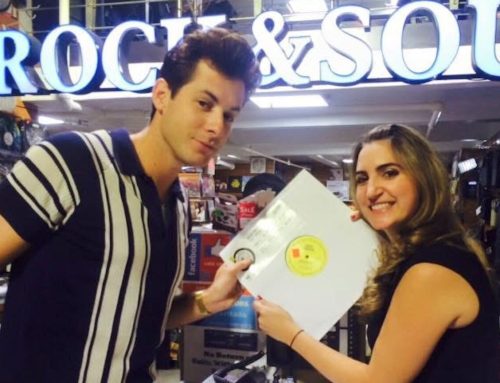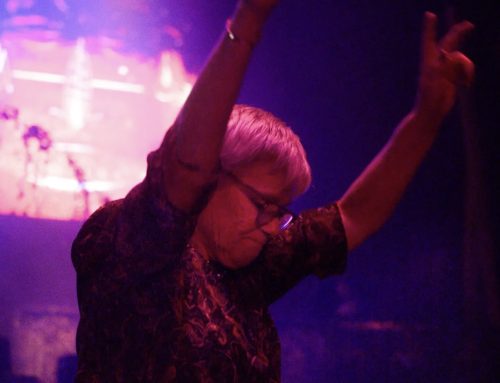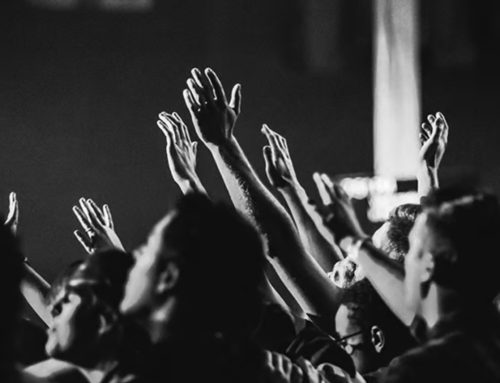Disco was never designed to grow old gracefully – instead, it has endured with brilliant defiance. More than four decades have now passed since its heady sound and style became a global phenomenon; its life so far has involved joy and pain, inspirational anthems and attempted murder (at 1979’s ‘disco demolition night’ stunt in Chicago’s Comiskey Park). Disco isn’t instantly afforded the same cultural reverence as rock ‘n’ roll or punk, yet its revolutions have been far-reaching. It continues to inspire music, movies and fashion, as well as events like London’s Brixton Disco Festival (28 April); these aren’t retro trips but a recognition that disco still does something for us.
The backlash was anti-gay, but also anti-women and anti-colour – Nicky Siano
Disco stemmed from a series of epiphanies and communities, rather than a single birthplace; key New York nightspots ranged from David Mancuso’s open-hearted house party The Loft (early ‘70s), to the late ‘70s exclusive-chic of Studio 54 and the dancefloor hedonism of Paradise Garage. Pioneering DJ/producer Nicky Siano recalls being a gay Brooklyn youth, drawn to the “social and affirming” atmosphere of Greenwich Village; he was 18 when he founded Manhattan’s The Gallery (where stars like Grace Jones debuted), and he later became a Studio 54 resident. But he cites the 1969 Stonewall riots sparking the fight for LGBT equality as the starting-point for his own disco hallelujah show.
– The link between Harry Potter and Millennial protest
– The surprising history of the wolf whistle
– Saudi Arabia’s bootleg music shops
“There seemed to be so much turmoil, and the only answer to that is loving each other,” says Siano. “In the beginning, all the songs were about spreading love, getting together, making the world a better place.”
Disco even changed the way we moved; the dancefloor was no longer restricted to (straight) couples – it became about celebration and drama en masse. “It unites the whole audience when you have 100 people singing along on the dancefloor,” enthuses Siano. “It becomes divine: a love epidemic.”
Rock fans brought disco records to be destroyed in an explosion at a Chicago White Sox game in 1979 – 30 people were injured from the blast (Credit: Associated Press)
The dancefloor was also a potent platform; for the first time, clubs rather than mainstream radio were breaking hit records. Siano is stoic about the US “disco sucks” backlash and Comiskey Park’s vinyl destruction (led by a disgruntled rock DJ, Steve Dahl). “The backlash was anti-gay, but also anti-women and anti-colour,” he says. “It was: ‘Men, take back your power.’”
Promiscuous and omnivorous, disco accelerated the transnational flow of musical ideas – Alice Echols
Disco enabled female, gay, black and Latin artists to define their identities in increasingly fluid ways. Even kitsch hits could prove subversive: the Village People brought macho gay imagery to prime-time entertainment. Disco also fuelled the global collaborations that we now take for granted in modern music, whether it was the epic Eurodisco of Donna Summer and Giorgio Moroder (I Feel Love, 1977), or British Indian producer Biddu. As Alice Echols writes in her book Hot Stuff: Disco And The Remaking Of American Culture: “Promiscuous and omnivorous, disco absorbed sounds and styles from all over, and in the process accelerated the transnational flow of musical ideas and idioms.”
Saturday Night Fever encapsulated the disco era and made John Travolta a star – its Bee Gees-heavy soundtrack is one of the best-selling albums of all time (Credit: Alamy)
The primary voice of disco was female (or at least, not conventionally male) – and one of the most soul-charged disco voices remains Jocelyn Brown, who developed her talent in US gospel choirs, before singing with acts including Musique, Inner Life and Cerrone, and co-writing her own hits including Somebody Else’s Guy (1984).
“These sounds keep coming back, because of the delivery,” says Brown, who will perform with a full band at the Brixton Disco Festival. “People at the time were looking for something that spiritually moved them. We were coming out of the Vietnam War, there was pain and hurt, but also the fight for civil rights. Rebellion was one part of it; another part was love.”
New York City’s Studio 54 was the heart of disco mania – it was to disco what the Grand Ole Opry is to country music and what the Savoy Ballroom was to swing (Credit: Alamy)
>> Read Full Article https://www.bbc.com/culture/story/20180403-why-disco-should-be-taken-seriously?ocid=ww.social.link.facebook&fbclid=IwAR2b6wJIvimWm2MZ-CjzFCI9on7kuWAqfmMNABnfoByOLuxPau2-Ly7HJbY








Leave A Comment
You must be logged in to post a comment.